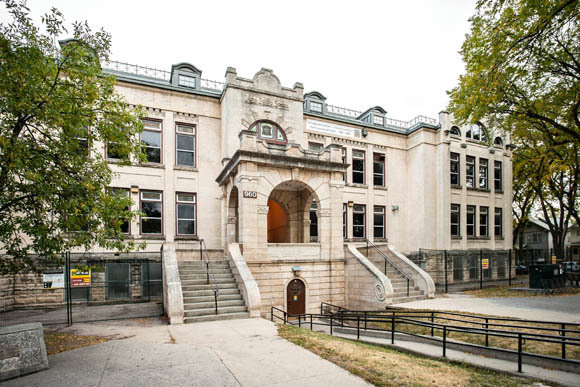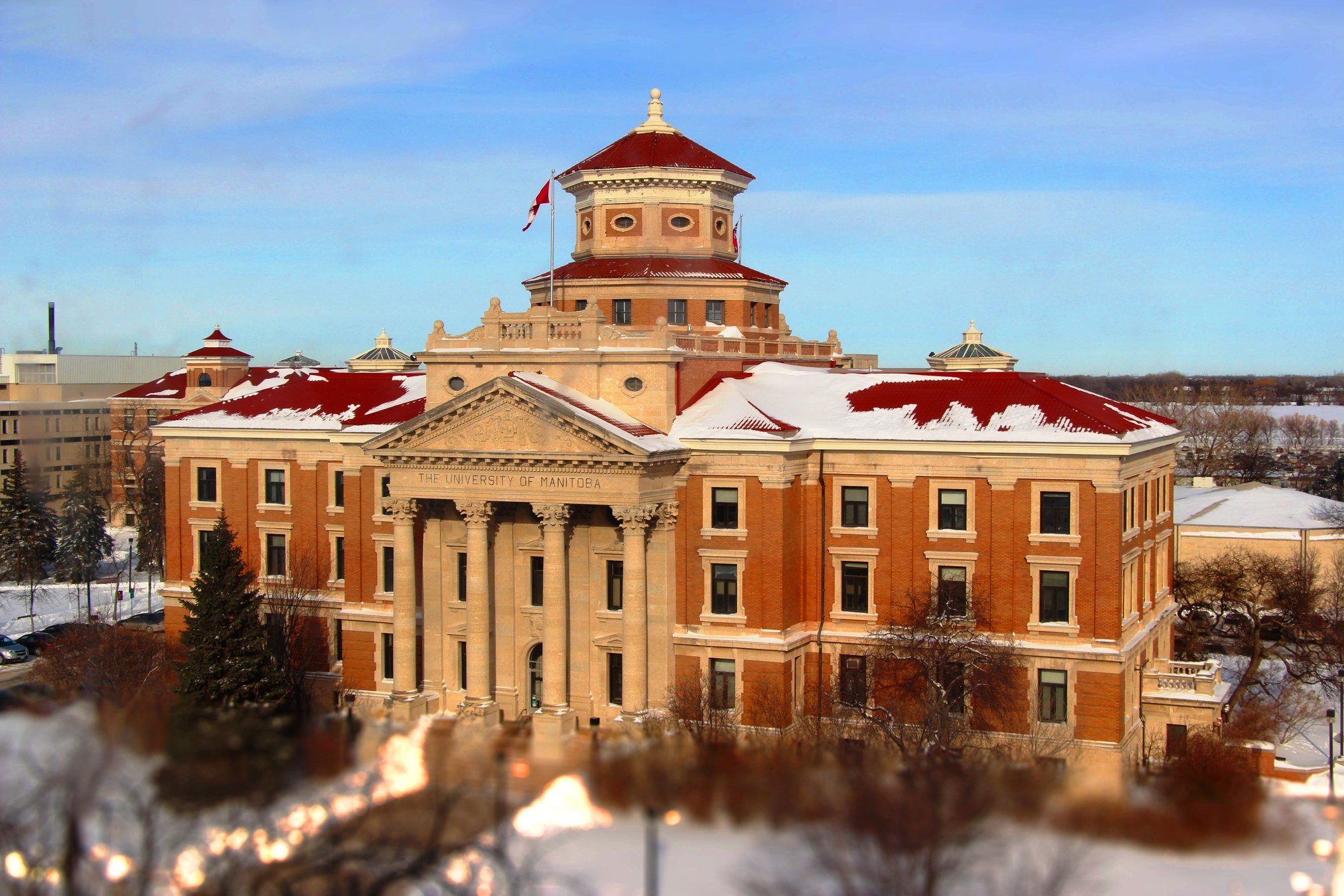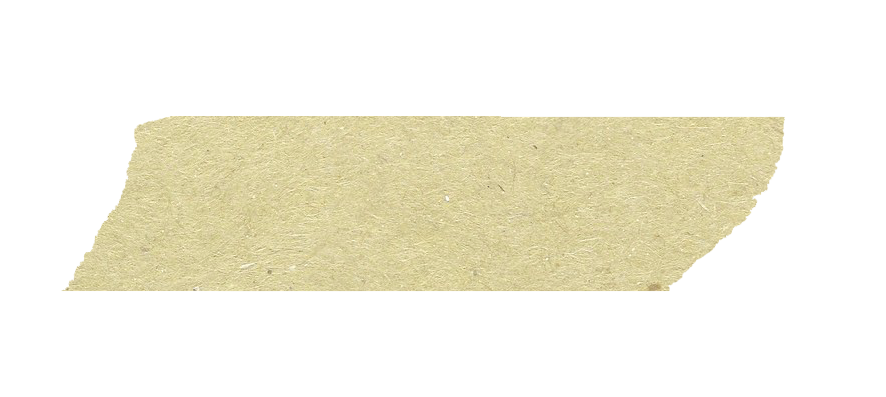The Process is the Outcome
Making Space For Student Autonomy in an
Assessment Driven Culture of Higher Education
Kyle Feenstra
Coordinator - Learning & Instruction Support
University of Manitoba Libraries

View online at
Pedagogy?
Librarians tend to be more comfortable talking about instructional methods and are less comfortable with pedagogy.
Agree?
Why? Why Not?
Pedagogy
The art of teaching?
Implies performance.
A philosophy of teaching?
Pedagogy is informed by philosophy.
An approach to educative processes...
- Theories and philosophy of learning
- Attitudes towards the learner
- Ideas about the purpose of schooling
- Perspectives pertaining to the social/political history of education
- The act of teaching and learning
Is it possible to have education without pedagogy?
"Although pedagogy requires some larger ideal or set of beliefs to give it life and form, instruction does not. Instruction can occur with no set of larger beliefs or with no larger ideal in mind. It is a technical process that can be applied relatively context free" (Breault, 2010. )
Context Matters
Standardized instruction and assessment (as described in the previous slide) objectify students and teachers by disregarding their lived experience.
- their unique understandings,
- their identity, values & beliefs, their relationships, and historical context.
When we take into account the identity of learners and teachers we can ask different "pedagogical" questions:
- Do all students need to learn the same things?
- Are all instructional methods suitable for all learners?
Learning, regardless
of context, is built on prior experience and involves interaction with one's social environment.
Pedagogical Questions
- The purpose of education is _________________________________ .
- Students learn best when ___________________________________ .
- The role of the teacher is ____________________________________ .
- Literacy is ____________________________________________________ .
Pedagogical Questions
The purpose of education is _________________________________ .
"Success can mean different things, including employment upon graduation or layering credentials but ultimately students will be putting the skills they gained to work and meeting a labour market need".
Education reduces students to the "logic of capital".
(Giroux, 2012)
An education is valuable/useful to the extent that the knowledge and skills gained contribute to the interests of capitalism.

"Post-secondary institutions need to be closely connected to industry to ensure programs meet workforce needs and students gain the right skills and competencies to succeed".




Freire's View - Education for Critical Consciousness


What makes us human is our ability to "[reflect] and [act] upon the world in order to transform it".
(Freire in Roberts, 2000)
We (teachers and students) participate in education to become "consciously aware of [our] context and [our] condition as human beings" (Freire in Au, 2018).
This makes us more capable of choice (more autonomous) and more capable of acting to change the world. In doing so, we become more human and the world becomes more humanized.
"Choice is illusory to the degree that it represents the expectations of others"
(Freire, 1973).

Pedagogical Questions
Students learn best when ___________________________________ .
Students learn best when... their experience of education is humanizing.
- their history, identity, and interests are respected and validated.
- their education offers them the opportunity to develop a greater awareness of themselves and their context.
- their education helps them move towards greater autonomy. This means more than having choice in the classroom. Learning should help them move towards greater social and political autonomy as well.
- they have opportunity to interrogate and construct knowledge
through critical dialogue and creative expression. - the have opportunity to act on the world to change it.


Pedagogical Questions
The role of the teacher is ____________________________________
It is the role of the teacher to "introduce [their] students to social and physical world and help them build for themselves an epistemological infrastructure (a process of questioning) for interpreting the phenomena they confront". (Kincheloe, 2005)
The role of the teacher is ____________________________________
The teacher is "not directive of the students, rather; they are directive of the process" (Freire in Au, 2018).
The teacher may be an authority but not authoritarian. "The moment the educator's 'directivity' interferes with the creative, formulative, investigative capacity of the educands... directivity [becomes] manipulation... authoritarianism"
(Freire in Au, 2018).

The role of the teacher is ____________________________________

Why should the teacher relinquish the role of "information literacy expert"?
Reciprocity
The teacher's authority must also allow for other authoritative voices in the classroom, especially those of students.
Reciprocity
Education takes place in the social tensions that "structure [learning] towards the production of new practices", knowledge, and theory.
(Lather, 1986, 2018)
- Theory is neither imposed on the student nor used to simplify their lived experience and knowledge.
- The ontology of the student is allowed meaning and value.
- Critical thinking exposes the contradictions in dominant discourses that fail to serve the interests of the student.
(Lather, 1986, 2018)
Pedagogical Questions
Literacy is ____________________________________________________ .
Rethinking Literacy (Sort of...)
"... a person is literate to the extent that they are able to use language for social and political reconstruction" (Freire, 1987).


... "implies constantly, permanently, the exercise of consciousness turning in on itself in order to discover itself in the relationships with the world, trying to explain the reasons which can make clear the concrete situation people have in the world". (Freire in Au, 2007)
If we do this we will find there are problems (contradictions) in these relationships.
Information Literacy
Information?
A representation of knowledge or reality that is always incomplete and always changing.
“Information literacy is the set of integrated abilities encompassing the reflective discovery of information, the understanding of how information is produced and valued, and the use of information in creating new knowledge and participating ethically in communities of learning.” (ACRL)
“Information literacy is the ability to think critically and make balanced judgements about any information we find and use. It empowers us as citizens to reach and express informed views and to engage fully with society.” (CILIP)
Information Literacy
Literacy is a move towards critical consciousness that emerges from reflection and dialogue.
"The world and people do not exist apart from each other"...
"Consciousness arises from from [interaction] with the world"...
"Consciousness is a social consciousness... [people] cannot think alone".
(Scholarship as Conversation)
Literacy becomes the ability to engage with information through dialogue (reading , reflecting, deconstructing, reconstructing...) and the creation of new knowledge (speaking, writing, illustrating...) to recreate social and political reality, and thereby creating new information for others.

Information Literacy
What methods can we use to make space for greater reciprocity in our teaching?
(How do we model learning to our students?)
What approaches can we take to engage with students in the period of disequilibrium that results from experience with new information and new experiences?
References
- Allman, P. (1999). Revolutionary Social Transformation. Bergin & Garvey.
- Au, W. (2007). Epistemology of the Oppressed: The Dialectics of Paulo Freire’s Theory of Knowledge. Journal for Critical Education Policy Studies, 5(2), 13.
- Au, W. (2012). Critical curriculum studies: Education, consciousness, and the politics of knowing. Routledge.
- Au, W. (2018). A Marxist education: Learning to change the world. Haymarket Books.
- Bartolomé, L. (1994). Beyond the Methods Fetish: Toward a Humanizing Pedagogy. Harvard Educational Review, 64(2), 173–195. https://doi.org/10.17763/haer.64.2.58q5m5744t325730
Breault, D. (2010). Pedagogy. In C. Kridel (Ed.), Encyclopedia of curriculum studies (pp. 635-635). Thousand Oaks, CA: SAGE Publications, Inc. doi: 10.4135/9781412958806.n343
Couldry, N. (2009). Rethinking the politics of voice. Continuum, 23(4), 579–582. https://doi.org/10.1080/10304310903026594
- Dale, J., & Hyslop - Margison, E. J. (2010). Paulo Freire: The Philosophical Influences on the Work of Paulo Freire. Springer Netherlands.
- Freire, P. (2000). Pedagogy of the oppressed (30th anniversary ed..). Continuum.
- Freire, Paulo. (1973). Education for critical consciousness. ([1st American ed.]). Seabury Press.
- Freire, Paulo. (1987). Literacy: Reading the word & the world. Bergin & Garvey Publishers.
- Freire, Paulo. (1989). Learning to question: A pedagogy of liberation. Continuum.
- Giroux, H. A. (1997). Pedagogy and the politics of hope: Theory, culture, and schooling : a critical reader. WestviewPress.
- Giroux, H. A. (2012). Higher Education Under Siege: Rethinking the Politics of Critical Pedagogy. Counterpoints, 422, 327–341.
- Kincheloe, J. L. (2003). Teachers As Researchers: Qualitative Inquiry As a Path to Empowerment (2nd ed..). RoutledgeFalmer.
- Kincheloe, J. L. (2005). Critical constructivism. Peter Lang.
- Lather, P. (1986). Research as Praxis. Harvard Educational Review, 56(3), 257–278.
- Lather, P. (2018). Thirty years after: From Research as praxis to praxis in the ruins. In H. J. Malone, S. Rincón-Gallardo, & K. Kew (Eds.), Future directions of educational change: Social justice, professional capital, and systems change. Routledge.
- McLeod, J. (2011). Student voice and the politics of listening in higher education. Critical Studies in Education, 52(2), 179–189. https://doi.org/10.1080/17508487.2011.572830
- Nick. Couldry. (2010). Why voice matters: Culture and politics after neoliberalism. SAGE.
- Roberts, P. (1998). Knowledge, Dialogue, and Humanization: The Moral Philosophy of Paulo Freire. The Journal of Educational Thought (JET) / Revue de La Pensée Éducative, 32(2), 95–117.
- Roberts, P. (2000). Education, literacy, and humanization exploring the work of Paulo Freire. Bergin & Garvey.
- Salazar, M. del C. (2013). A Humanizing Pedagogy: Reinventing the Principles and Practice of Education as a Journey Toward Liberation. Review of Research in Education, 37, 121–148.
*All images from Wikimedia Commons or Unsplash unless otherwise noted.
Kyle Feenstra
Coordinator, Learning & Instruction Support
University of Manitoba Libraries
Winnipeg, Canada
kyle.feenstra@umanitoba.ca
@ed_librarian

Existing knowledge/ability based on past experience
New information/challenges
emerge from new experiences
Disequilibrium
New knowledge/ability created/developed
from resolving the
disequilibrium caused by
new experiences.
Learners move through the Zone of Proximal Development
(Vygotsky)
Learning as a meaning making process.
Teachers should provide a structure for dialogue and questioning.
Teachers should support and guide but not interfere with the student's creative, investigative processes.